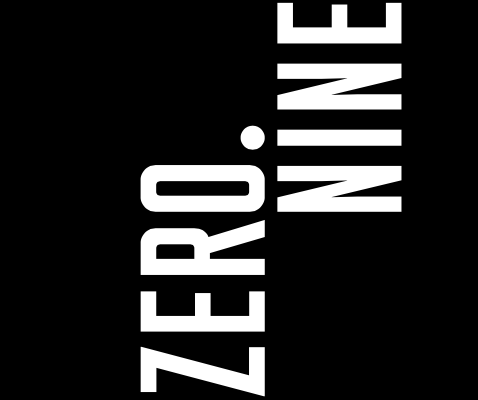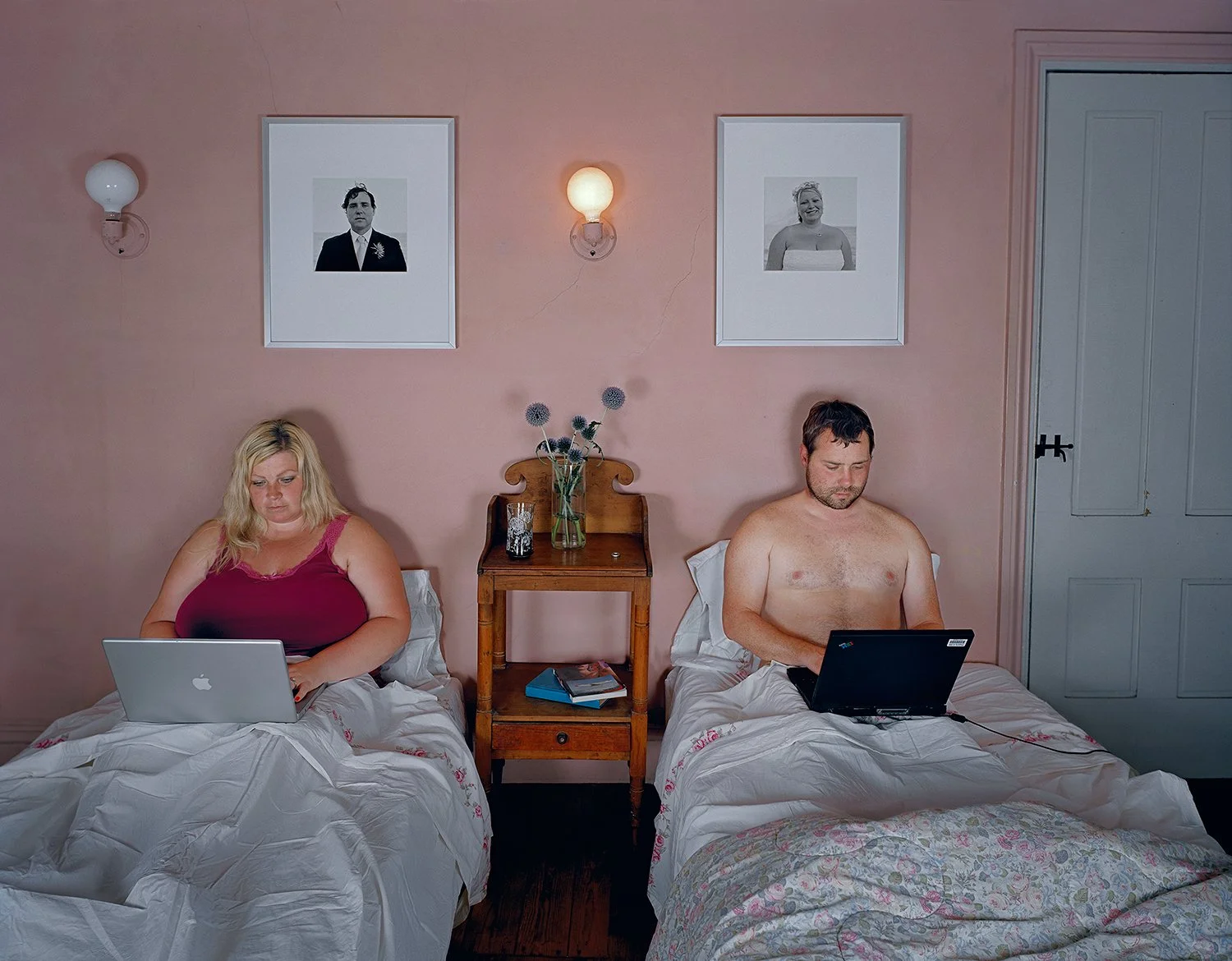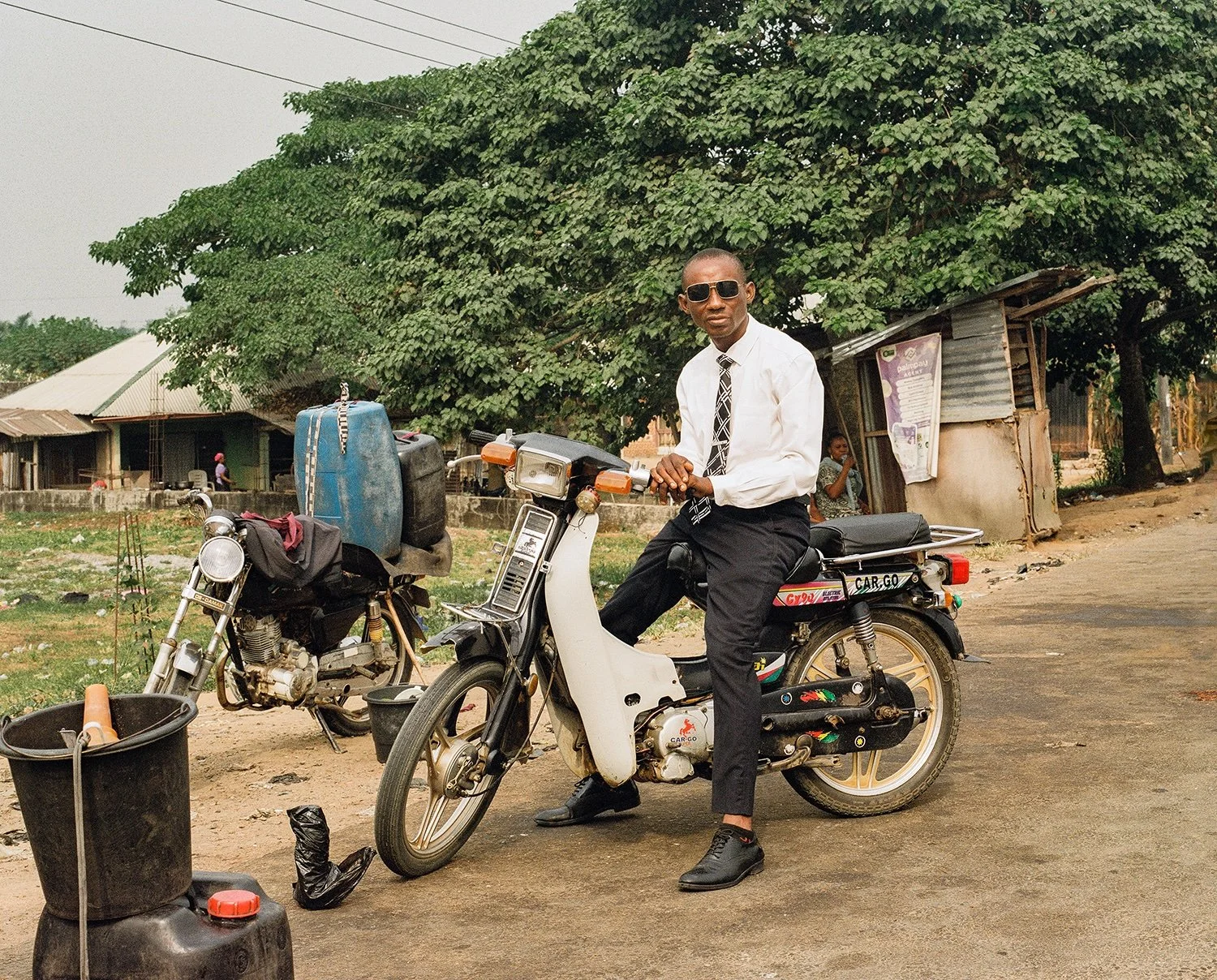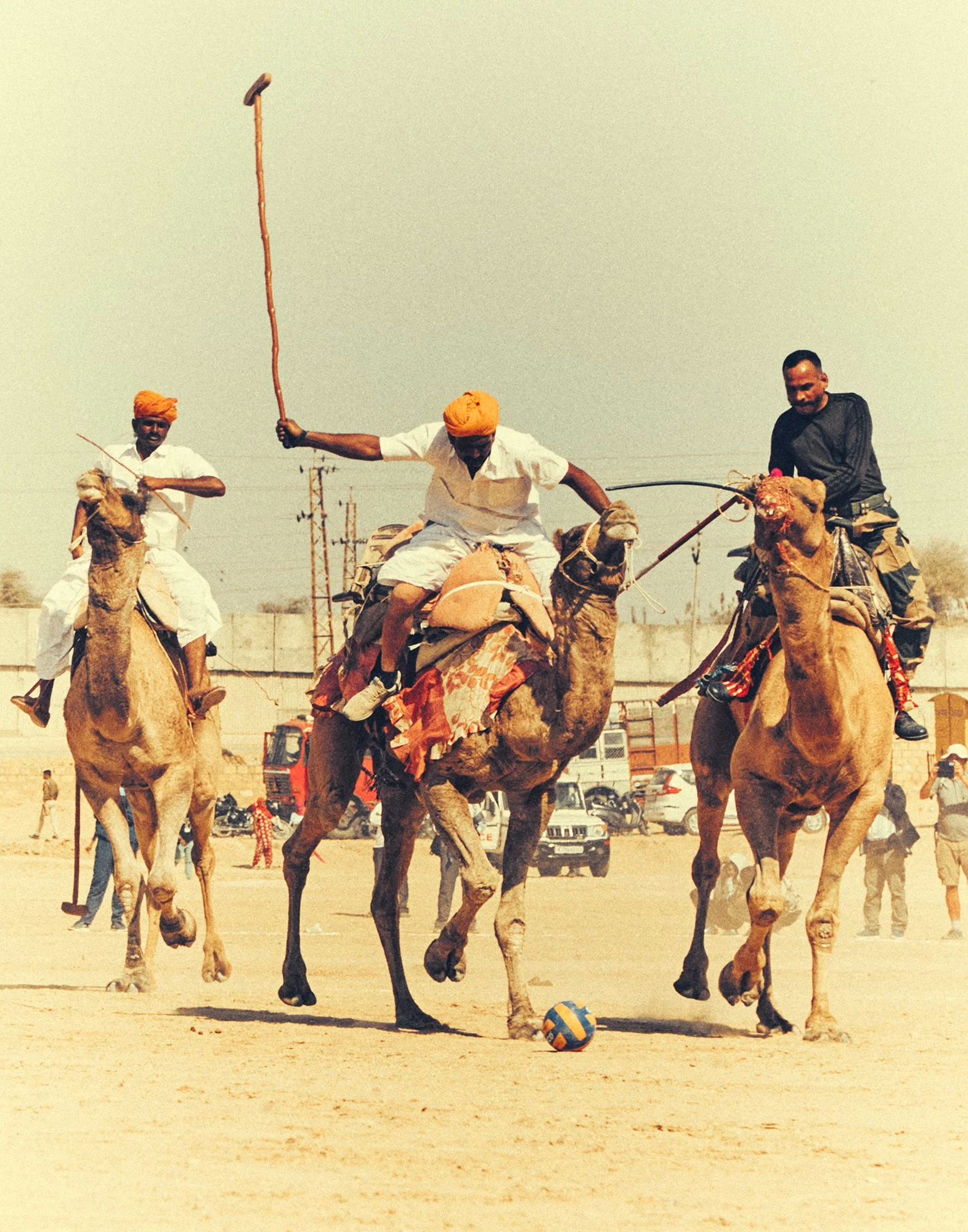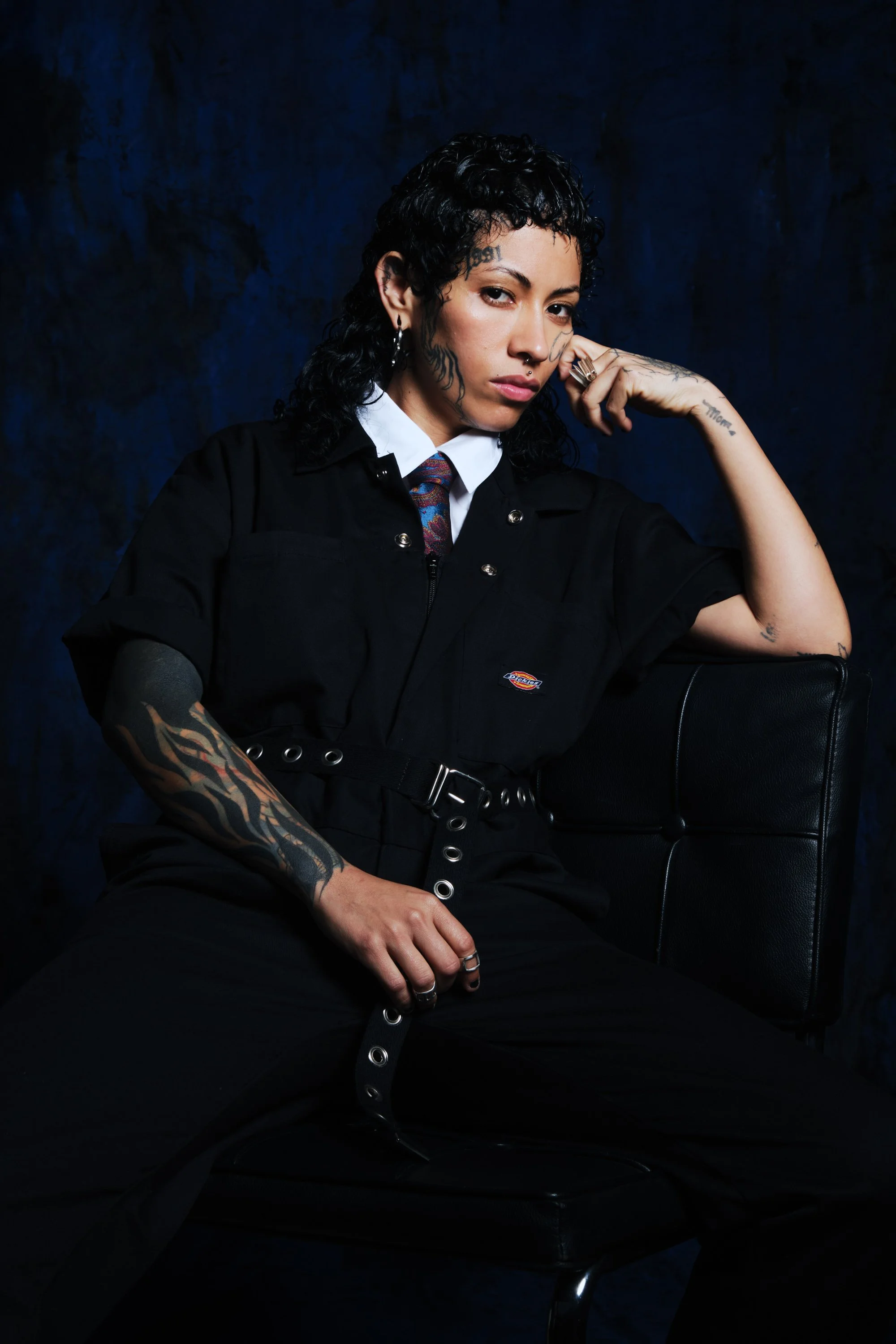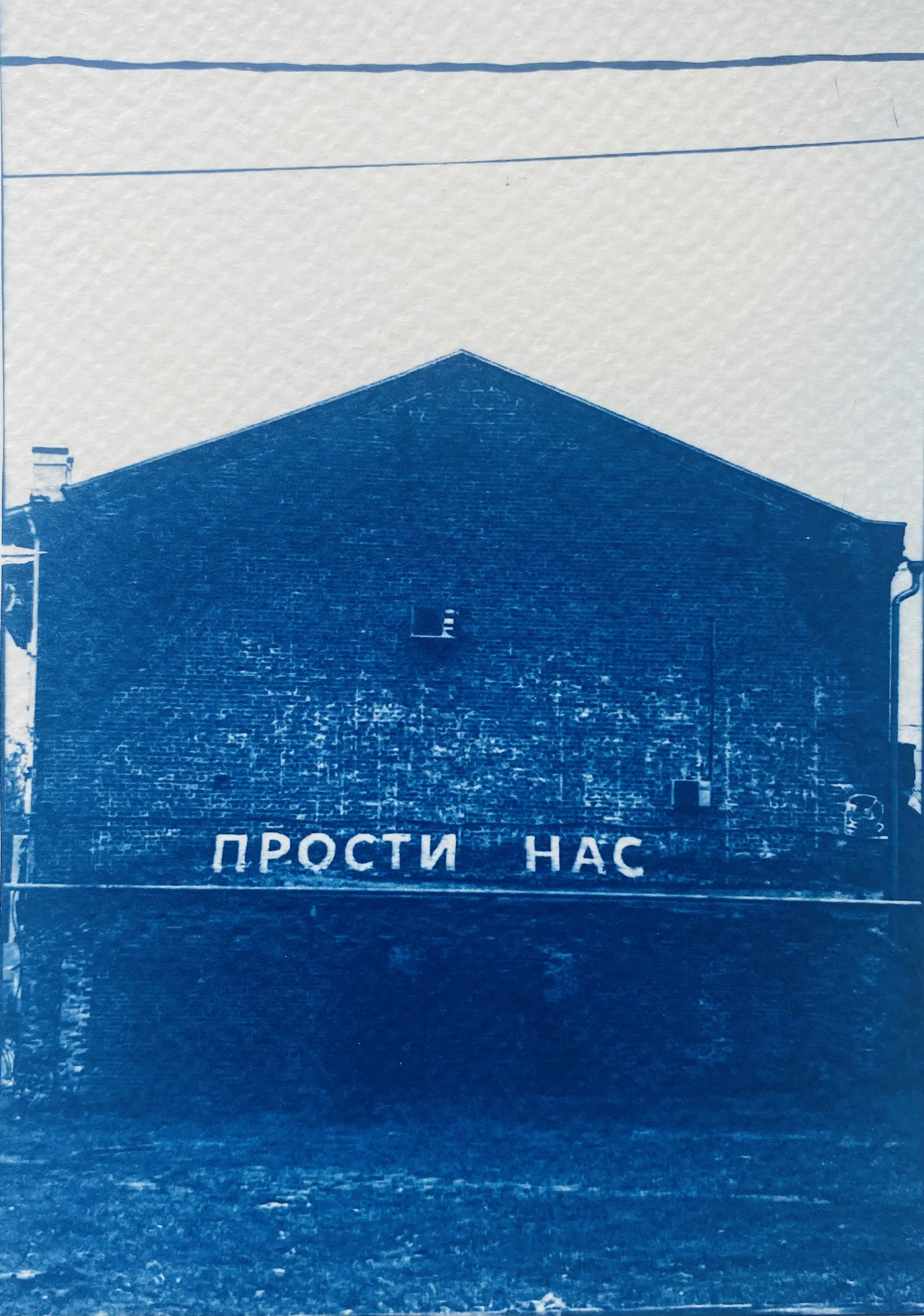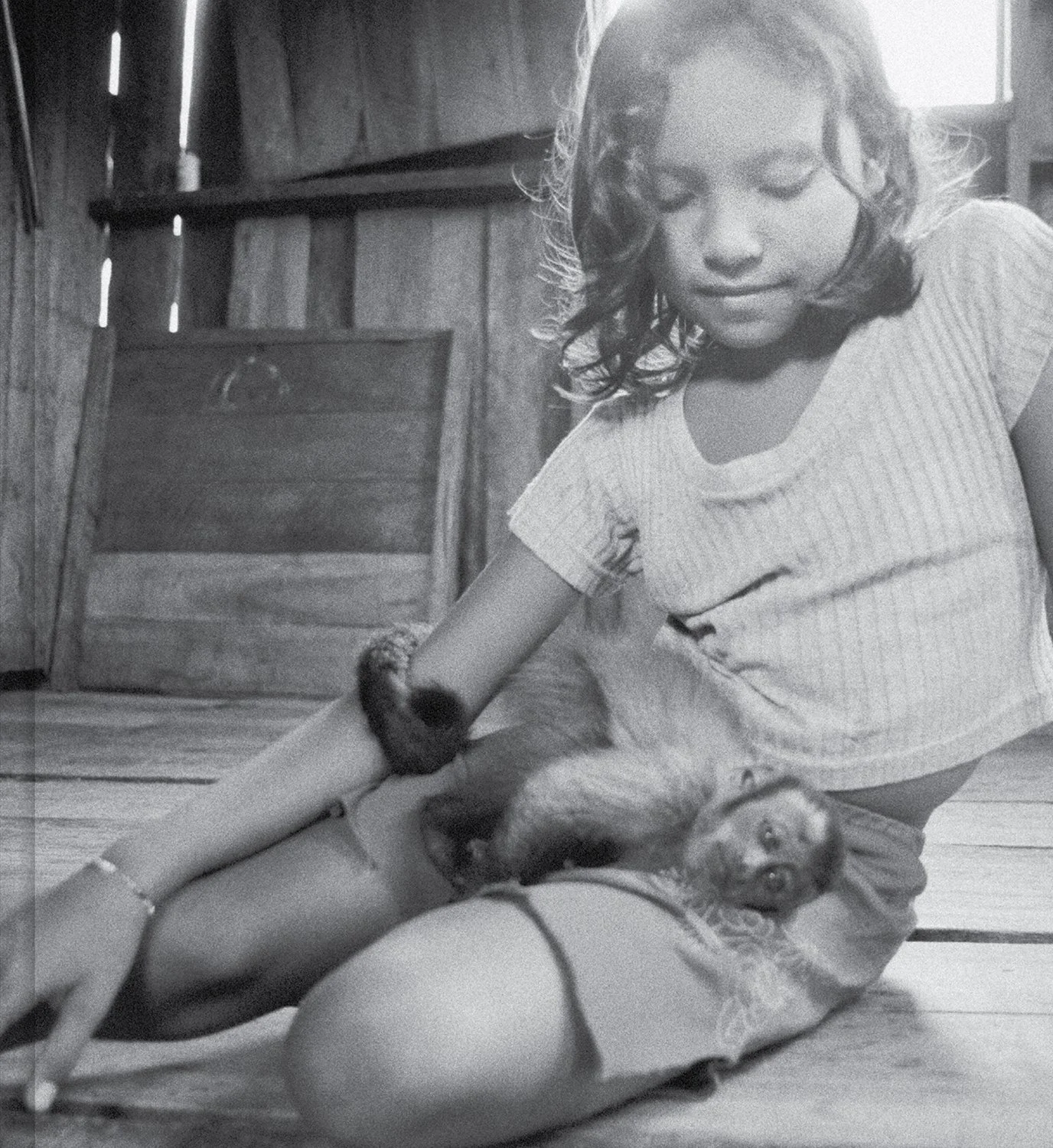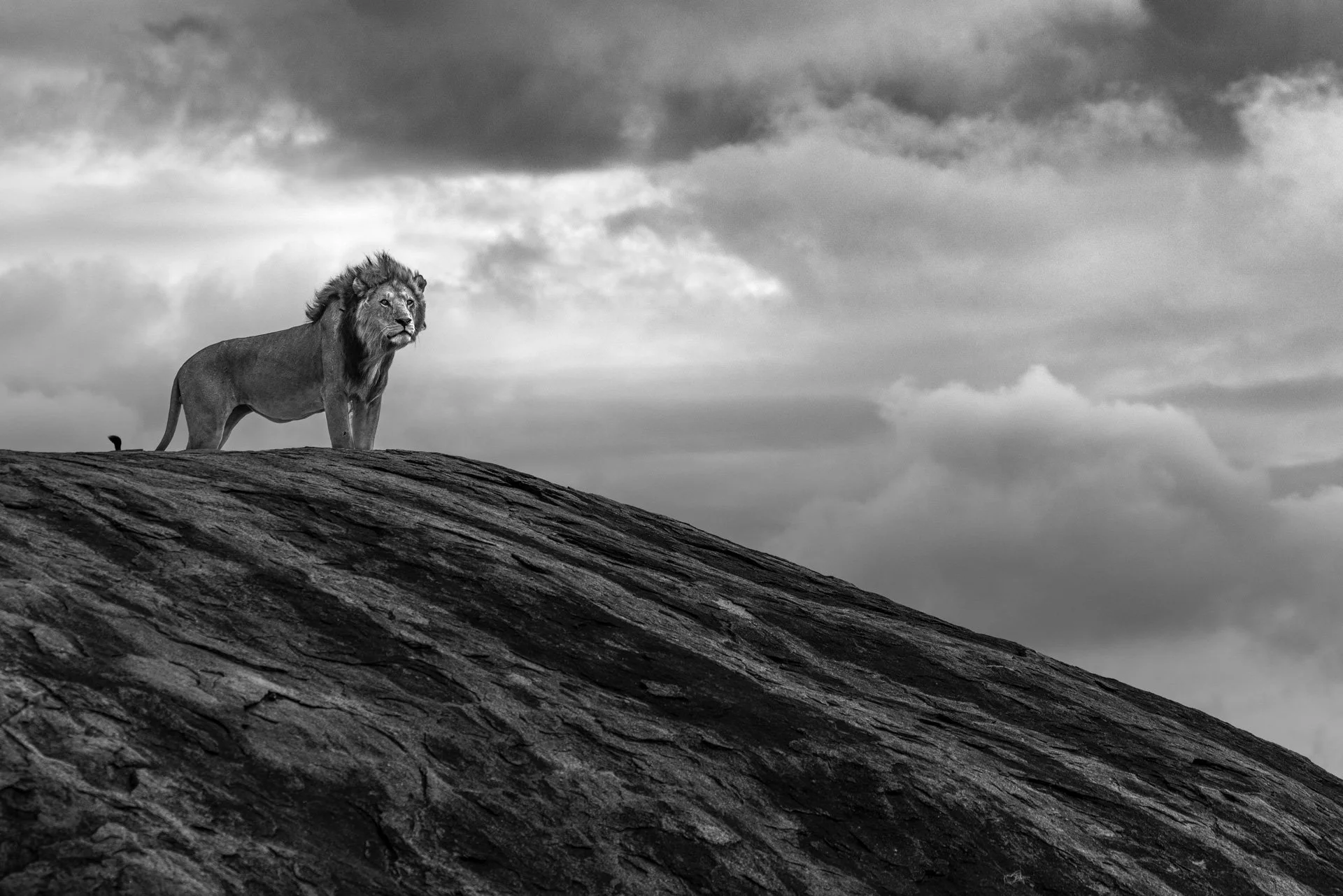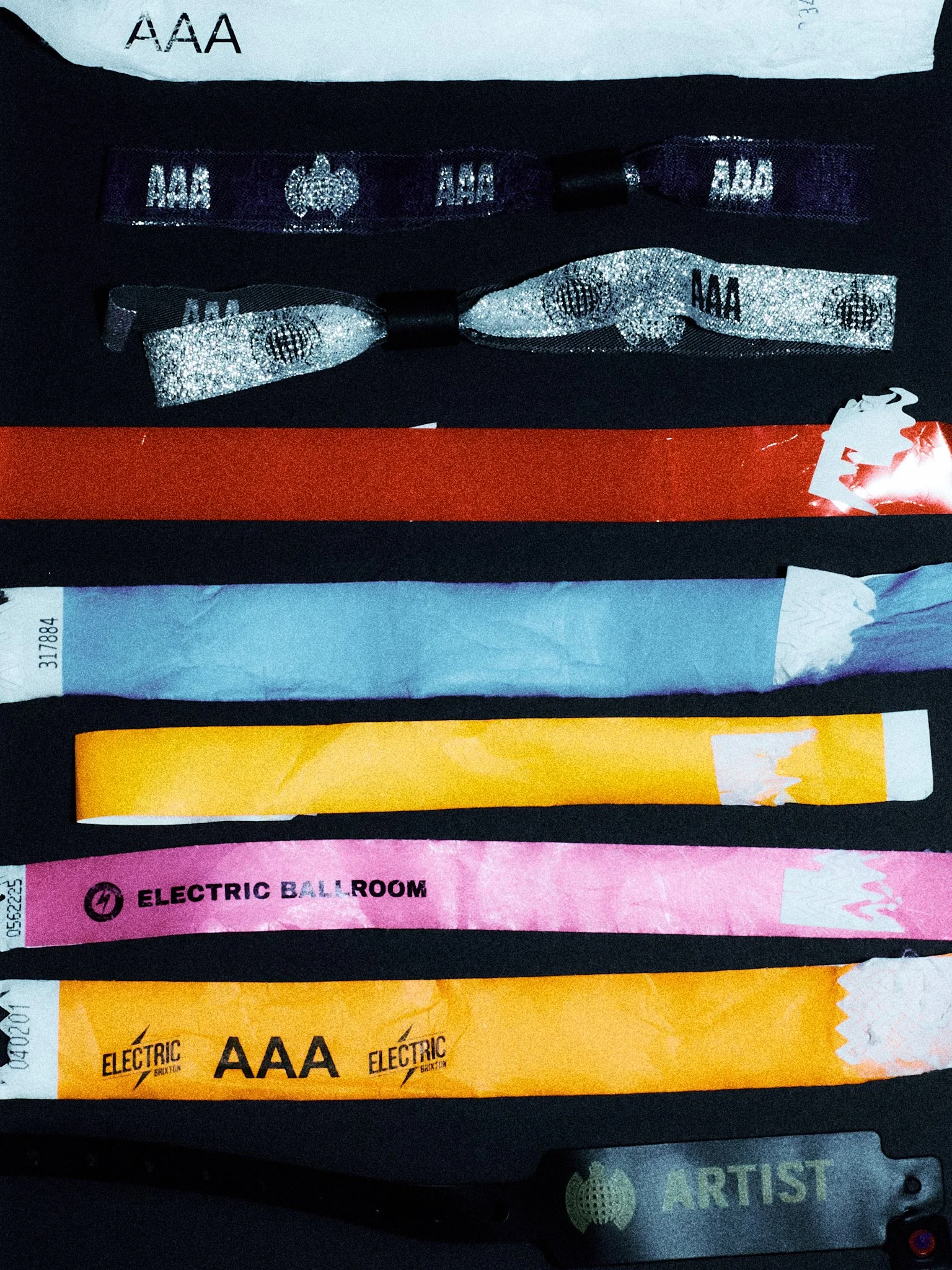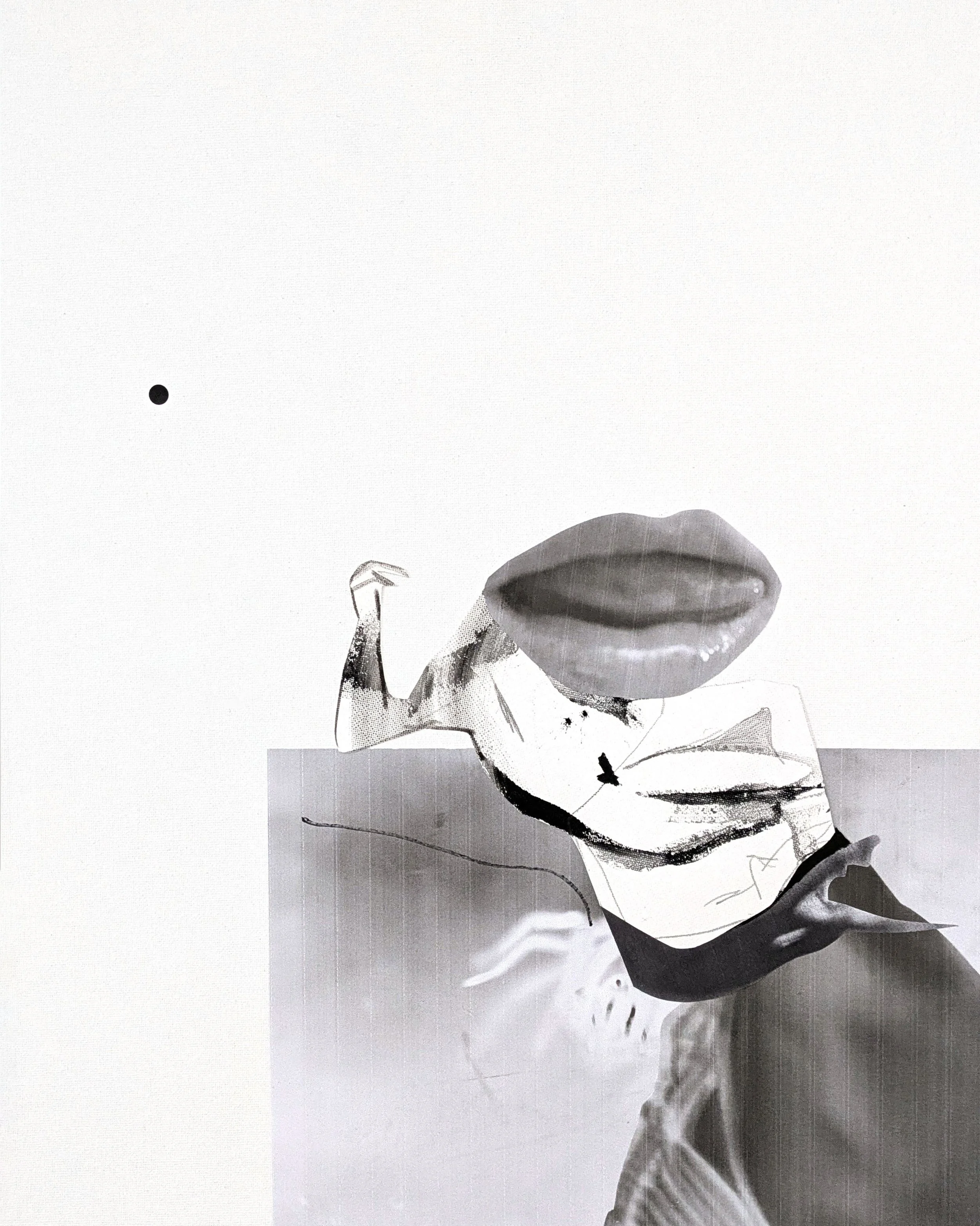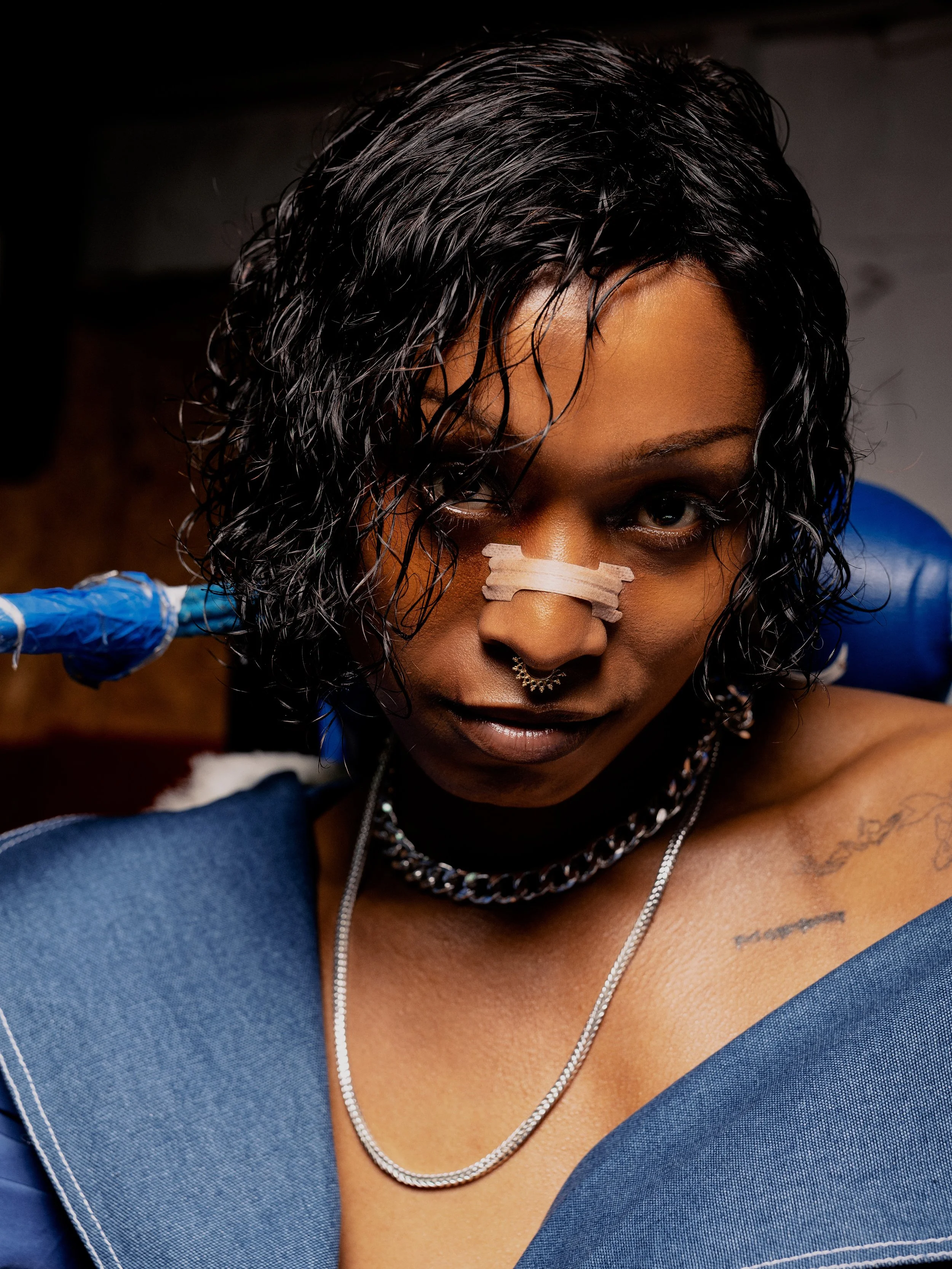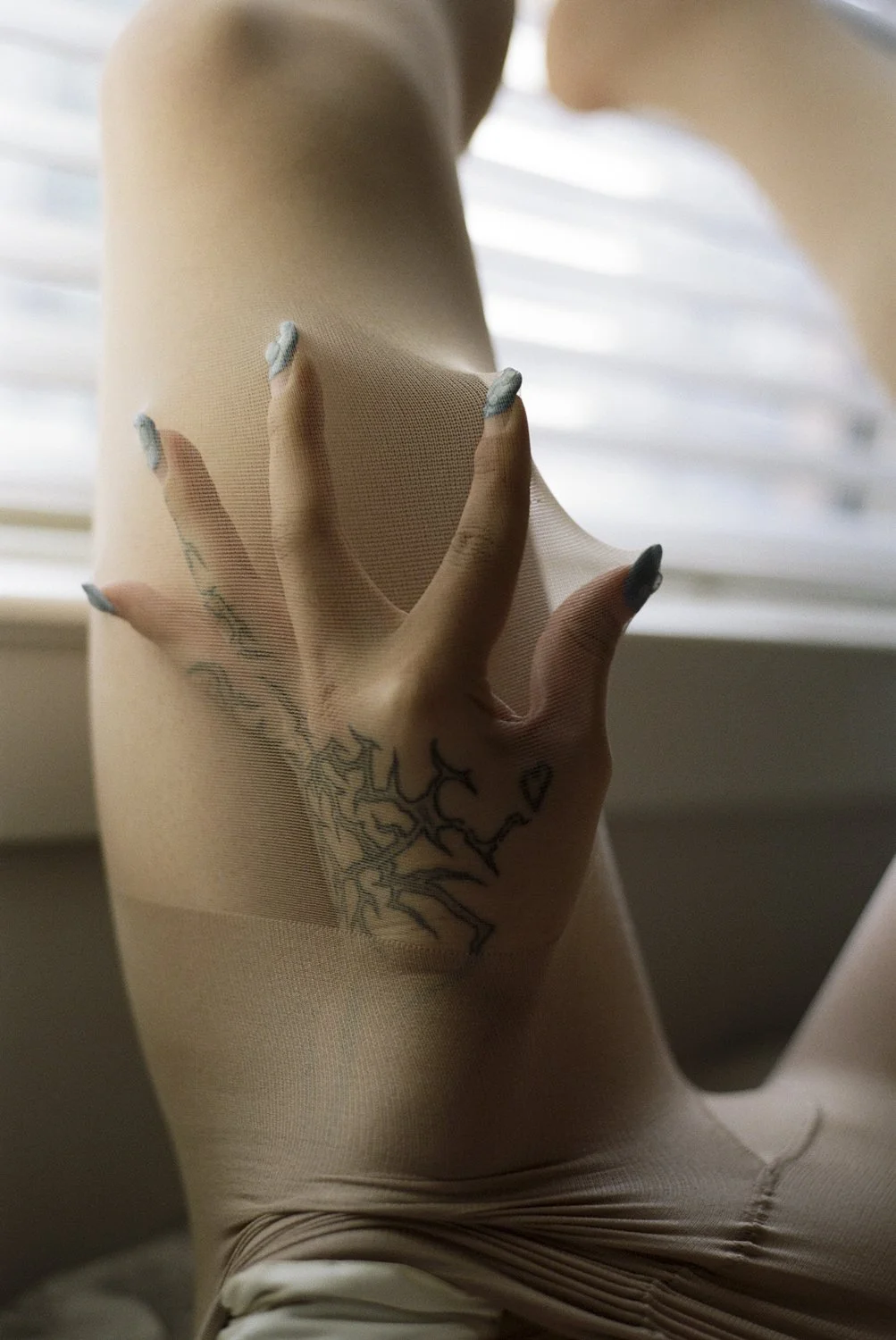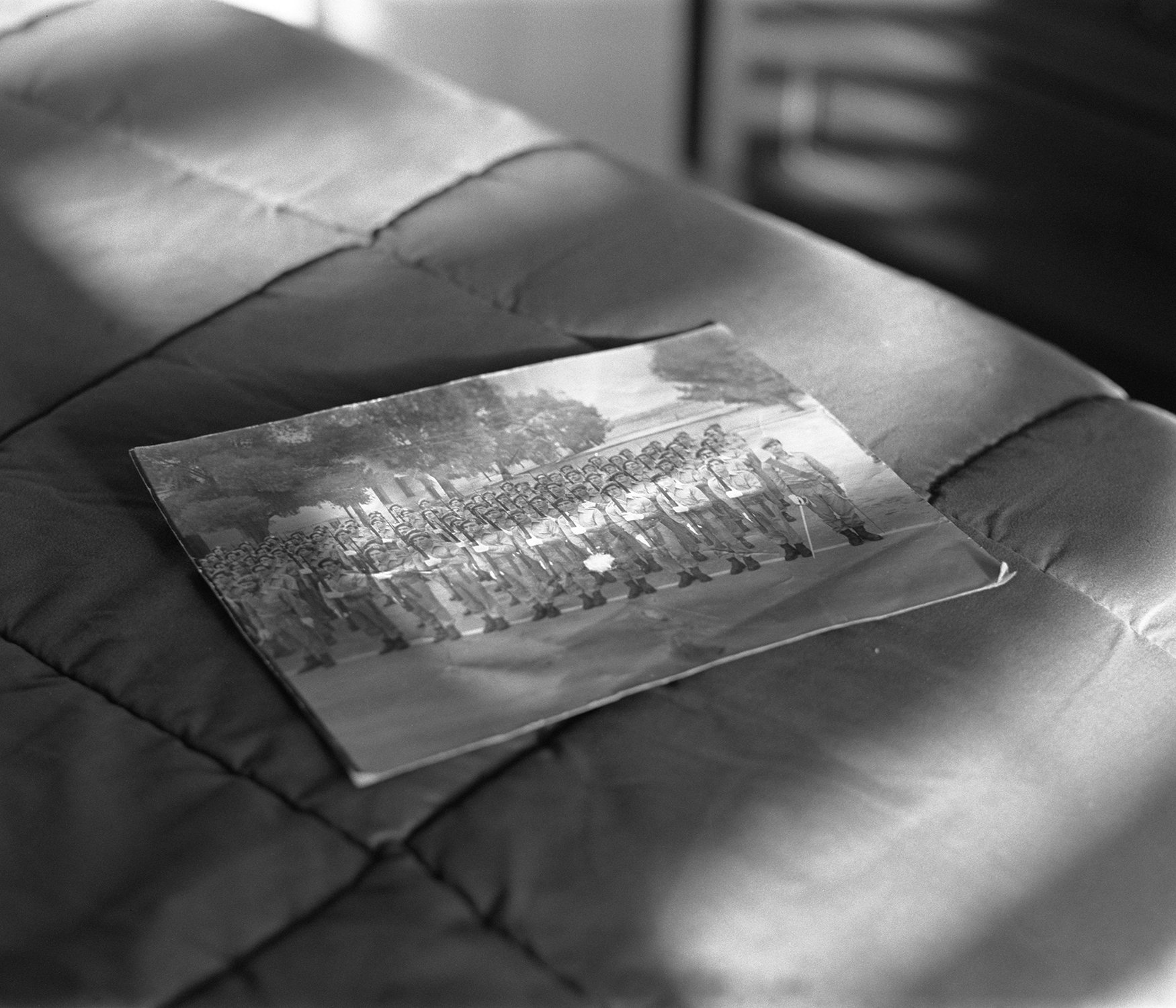A Curious Whisper
We met for a horse ride with Alistair Petrie the legendary British actor who plays Mr. Groff in the hype TV Series Sex Education to talk about the art of filmmaking, his personal journey and why curious might be his favourite word.
Interview by Liam Saint - Pierre Photography JC VeronaSex Education has finished filming its third season. Why do you think it's been so successful?
Thematically, Sex Education speaks to all of us no matter what age we are. If you are not a teenager any more, you were one once with all the same issues, anxieties, fears and insecurities that we all have growing up. All of these are addressed with a warmth and humour where everyone feels included and spoken for. All the creators, writers, cast and crew feel so very strongly about this show. The level of diligence and care that go into the building of the stories and actual physical production of making Sex Education is remarkable. The audience are a central tenet of that. They are everything about this show and we are nothing without them.
What films or plays have had the most impact on you?
I navigated my teenage years in the 1980s. I lived abroad so theatre wasn’t so much a part of my life as films were. That was simply an access issue. The 80s produced some incredible big budget, mass entertainment films that were so popular - and great. I consumed the ‘teen’ genre films fully. I must have seen Ferris Bueller’s Day Off dozens of times. The Lost Boys, Beverly Hills Cop, The whole John Hughes Canon like Pretty In Pink, The Breakfast Club, Say Anything. Then there was the might of Spike Lee, we got the gift of The Princess Bride, Back to The Future. God, we were so spoilt. Theatre became a thing for me when I saw a play directed by Yukio Ninagawa in London starring Alan Rickman called Tango at The End of Winter. A play essentially about saying goodbye. I saw it on the last night which made it even more prescient. It began my life long love affair with him as an actor. He showed how effortless acting should look and sound. That’s so hard to do. Years later, he asked me to be in a film he was directing and it was the greatest call I have ever had. He’s a total hero to me. He could be so moving and outrageous in the same piece. And he was a special human being too.
What made you want to be an actor and when did that happen?
There were no actors in my family. I just knew from a very young age it was what I desperately wanted to do. Probably six or seven. It may as well have been born of me not understanding who I was an individual. I saw myself in everyone else except me. So many characters I saw on screen seem to be a small part of who I felt I was, might be, would like to be. I’ve levelled off now and have a better understanding of myself but that sentiment still remains. Moving house a lot growing up meant new schools and learning to adapt and fit in. Playing a role until I found my place. I get paid to do something that I still love passionately but you still need permission to do this job. You need someone else’s permission. ‘You may now act’ is really the statement you hear when you get offered a job.
“The last 18 months have been as traumatic and as confusing as any of us will have had in our life time. Drama can help us understand and contextualise that. Drama also allows - actually forces us - to listen. In silence. We should all spend more time listening.”
How did going to LAMDA help and what was your journey to be a working actor? Did you land roles right away or did you have to manage to pay the bills with part-time jobs?
I was expelled from University. I went to appease my father who was far more keen on me going into law or similar. I knew what I really wanted to do which was drama school but didn’t have the courage to pursue it – or to disappoint him. I arrived to study French and Drama and did no work but had the best of times. I was so diligent at school, totally bought into the mantra need that exam failure was the end of days. It was an institutionalised mindset. From Day One at University the world opened up – or rather my worlds did. I consumed experience and people. I couldn’t get enough of all these amazing humans I was meeting from all walks of life. Studying Baudelaire was just not interesting to me. I just did as many plays as I could. The day I was expelled was the day I got a letter telling me I had been accepted at LAMDA. My tutor at University I think was taking some pleasure in kicking me out until I breezily told him it was fine, I was off to drama school anyway. I then got the accommodations officer drunk in the college bar that night and I asked if I could keep my room for the rest of the academic year and he slurred a yes and so the rest of my University year was spent having huge amounts of fun, 2 more plays and irritating the hell out of my then ex tutor. LAMDA was good for me. Drama school doesn’t suit everyone but I was still learning about who I was and the experience of LAMDA allowed me to do that. I got a job just as I left and worked pretty consistently at the beginning. A lot of theatre so I wasn’t going to buy a house anytime soon but I loved every minute of it.
I’ve done all manner of jobs to support myself. You have to. You need a roof over your head. Waited tables, cleaned toilets, sold jewellery, timeshare, you name it. But each job taught me about hard work and the satisfaction that can bring. I absolutely believe that whatever you do in life, do it to the best of your ability. You’ll find a way to enjoy it more and opportunity will follow. The best of your ability might be not great but the endeavour is all.
“There were no actors in my family. I just knew from a very young age it was what I desperately wanted to do. Probably six or seven.”
You began in theatre and your early career was very much centred around theatre work. How does your process change for the different mediums of stage and screen?
The personal process remains very similar. The personal pre rehearsal or shoot preparatory work that is. I investigate my character like a detective and then I become his lawyer. Discover as much as I can about him, then defend him against all comers. Yes, even the bad ones. It’s not my place to sit in judgement on them. That’s for the audience to determine. The practical process differs. In theatre you have rehearsal time to experiment, screen is very much ‘deliver now’. But I find that thrilling. Theatrical Repetition is hard. After the first preview or first night when a play is in front of an audience for the first time, Jonathan Miller described theatre audiences as seeing the dying embers of a shooting star. There’s some truth in that. But theatre’s triumph is that it is an actor’s medium. On stage each night, you are the plays destiny. On screen you are at the mercy of your director and editor. That’s why theatre thrives for the actor. I need to do it, as a lot of actors do. It’s just got to be the right play, right part, right director. Hard to find but my arms are open to it always.
You’ve worked on ‘The Terror’, ‘Sex Education’ and ‘Sherlock” to name a few. What's been your most challenging role and why?
The first time I really thought ‘how the hell am I going to play this part?’ is when I was cast in His Dark Materials at The National Theatre to play the King of The Svalbard Polar Bears, Iorek Byrnison. A Polar Bear. It immediately makes you feel weirdly lonely in that you feel it will just be you figuring the entire character out but it never is. A brilliant adaptation of the novels by Nicholas Wright and Nick Hytner directing? There’s your starter pack help right there.
In fact, some of the easier parts are the big ones. They have emotional and dramatic arcs sowed into the story; developed personal lives in the script to lean on. Often the small parts in single scenes won’t have any of that, they just ‘represent’ something briefly to assist the story. A shopkeeper, a doctor, a passerby. Easy to do, hard to make them really live within the context of the piece. Physically the hardest on stage was His Dark Materials because of the costume which weighed more than I did. On TV, bizarrely probably Sherlock. The tightest trousers I’ve ever had to wear. Costume couldn’t find any other pair for the military uniform I wore. I had to be lowered into the sitting position. Physically challenging roles are such good fun. I’ve run a round up and down sand dunes in the Sahara, galloped across open fields surrounded by a set of hunting dogs and been wrapped in cling film for days on end. More please, I love it.
What are you working on at the moment?
There’s a show that was delayed by COVID which has resurfaced, playing an American politician which I think we’ll shoot at the back end of this year; I’m diving into a wonderful short film called Merman with Phil Davis and my wife! Can’t wait. I’m executive producing a hugely exciting new drama based on a trilogy of spy novels and all being well another season of Sex Education. Busy and very grateful for that.
Many actors make the jump to directing. Is that something you’re interested in and why or why not?
I’m very keen to direct. I’m nagging people at the moment about it. But you can’t just ask though, you have to figure it out yourself too. Technology allows us to shoot, edit and release anything we like on the internet, so never has Nike’s ad slogan been more prescient. My first short, A Mistake With The Chairs written by The Terror writer Dave Kajganich is starting on the global film festival circuit and making a little bit of noise. Building stories, collaborating with writers and actors; listening to great directors I’ve worked with. Maybe it’s just about the outfit: jodhpurs, a beret and a loud hailer yelling action. Marvellous.
“ I absolutely believe that whatever you do in life, do it to the best of your ability. You’ll find a way to enjoy it more and opportunity will follow.”
Who or what inspires you?
Energy and enthusiasm inspire me. Whether that comes from an individual or an idea. An individual of any age, doesn’t matter. I know some actors can’t bear auditioning for young smart talents. I’ll do it all day long. Righteous Indignation can be quite uplifting too. Anyone who is curious as well. We should all be curious all the time. Curious might even be my favourite word.
As theatre's battle to reopen can you say why theatre as a medium needs to be championed?
Theatre – all drama – tells us in real time everything about ourselves. It tells us who we are. It helps us understand who we are. Drama is all about showing human behaviour. The last 18 months have been as traumatic and as confusing as any of us will have had in our lifetime. Drama can help us understand and contextualise that. Drama also allows – actually forces us – to listen. In silence. We should all spend more time listening. Investing in affordable theatre should be very high on the Governments to do list. But maybe they really don’t want to look in the mirror. They’d be horrified and what they’d all see.
Interview Liam Saint-Pierre Photography JC Verona Styling Kate Barbour Grooming Paris France Photography Assistant Marina Lovato Styling Assistant Kitty Bowes Publicist Epilogue Thanks to Ebony Horse Club
Follow and find out more about Alistair Petrie on Instagram
